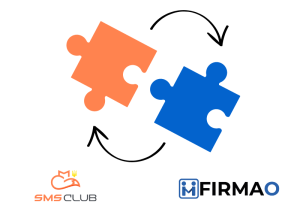
In today’s digital age, customer data is essential for businesses to provide better services and create effective marketing strategies. However, with the introduction of the General Data Protection Regulation (GDPR) in the European Union in 2018, businesses need to take extra precautions to ensure that they are handling customer data in a responsible and legal manner. This is where Customer Relationship Management (CRM) systems come in.
A CRM system is a powerful tool that helps businesses manage customer data, interactions, and relationships. It enables businesses to collect, store, and manage customer data in a centralized location and use it to provide personalized services and experiences. However, when it comes to GDPR compliance, businesses need to be careful about how they collect and use customer data.
The GDPR requires businesses to obtain explicit consent from customers before collecting and processing their data. This means that businesses need to clearly explain what data they are collecting, how it will be used, and obtain consent from the customer. CRM systems can help businesses with this process by providing clear opt-in and opt-out options and tracking consent for each customer.
Additionally, the GDPR requires businesses to ensure that customer data is secure and protected from unauthorized access or theft. A CRM system can help businesses achieve this by providing encryption and security features to protect customer data. It can also help businesses identify and respond to any data breaches in a timely manner, as required by the GDPR.
Furthermore, GDPR compliance requires businesses to provide customers with access to their data, including the ability to edit or delete their data. A CRM system can help businesses with this process by providing customers with self-service portals where they can access and manage their data. This can improve customer satisfaction and trust in the business.
In conclusion, a CRM system can be a valuable tool for businesses to ensure GDPR compliance. It can help businesses collect and manage customer data in a responsible and legal manner, protect customer data from unauthorized access or theft, and provide customers with access to their data. By implementing a GDPR-compliant CRM system, businesses can improve customer satisfaction and trust while reducing the risk of costly fines and legal penalties.




